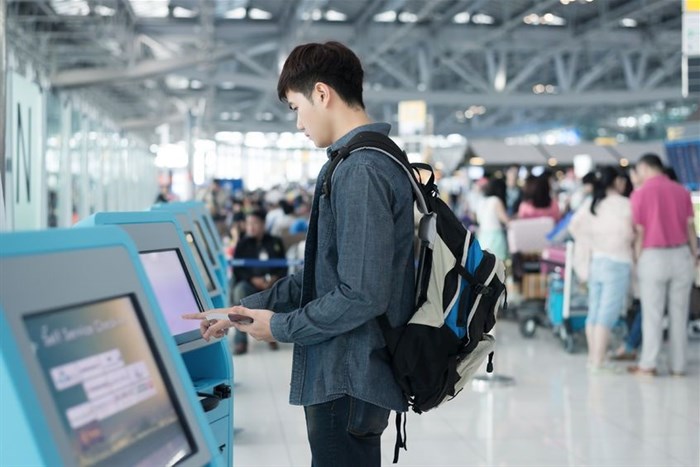
There is more to booking travel, however. What happens behind the transaction, after the seats are booked and the monies are paid, is critical to ensuring satisfied employees.
David Clarke, Global CxO and experience consulting leader, Digital Principal at PwC, suggests that companies consider whether they are transactional or transformational. He believes that although technology is a powerful tool for customer experience, relying on robots can quickly turn a company into a transactional company where customers only interact with the brand to make a purchase and move on.
It is also easy to forget that travel entails a fair amount of risk, and any disaster, be it missing a connecting flight, or misplacing important travel documents, are all best handled by professionals.
A survey conducted by PwC found that while technology is increasingly helpful, it cannot replace the value of human interaction. The report also found that customers will walk away after a single poor experience and that companies will be hard-pressed to win them back and the cost of earning them back is very high. Dissatisfied business travellers will not be able to function at their peak, which in turn could have a negative impact on the business.
The rapid evolution in mobile technologies is seeing business travellers using consumer apps and circumnavigating their traditional business travel booking process.
In the age of instant and constant connectivity, the way in which the industry is connecting and building relationships with travellers has changed. Communication is no longer confined to business hours and emergencies. TMCs are available to their customers 24-hours a day, seven days a week, both in and out of the stay period.
As booking, checking in, and the like have moved to mobile, travellers expect to use their mobile devices to enhance their travel experiences. An increasing number of companies are using technology to enhance the customer experience. Sam, a Smart Assistant for Mobile, introduced by FCM Travel Solutions, for example, acts as a 'partner in your pocket' accompanying travellers through every step of their journey by providing personalised, relevant information directly to the traveller’s mobile device.
The integrated AI creates a highly interactive and anticipatory assistant, displaying as a conversational interface which answers traveller questions, makes recommendations, and performs relevant actions pre-, during, and post trip. It includes everything from itinerary management, flight and hotel bookings, local information, weather and dining suggestions, security notifications, to immigration advice and vaccination status.
The rapid evolution in mobile technologies is seeing business travellers using consumer apps and circumnavigating their traditional business travel booking process, meaning that travel buyers need to find value far beyond a simple booking.
Today’s business travellers are saving and spending their money on creating and having travel experiences.
Sam aggregates all the information a traveller could need, when they need it, on the device which they are most at ease with. Additional value is also added to clients as Sam is also configured in line with the company’s travel policy and will suggest actions that are within policy to improve compliance, reduce costs, and support the duty of care.
In this digital age, travellers lean towards a DIY approach to travel – planning, booking, and managing it all online and the effect this has had on companies in the travel industry has been significant. Everything from machine learning, artificial intelligence, augmented and virtual reality will come together to create more personalised experiences, creating value for the travellers outside of the transaction.
Statistics show that 64% of millennials, who are a large portion of today’s business travellers, are saving and spending their money on creating and having travel experiences. A bleisure aspect is often added on the end of business trips, and travellers are mostly researching and funding this themselves. AI enabled virtual assistants like Sam, Siri, Alexa and so on play an increasingly important role in the choices which are made for these trips, as well as personal leisure trips that business travellers might take.
Virtual Reality (VR) is another popular way to research destinations before departure, while augmented reality will improve the way travellers access and process information about their surroundings. While crowdsource review apps such as Yelp Monocle help travellers choose restaurants, get around cities, and understand their immediate surroundings in real-time.
Whether you preview your hotel room in virtual reality, identify and find information on notable sights with augmented reality or just finding the best flight by chatting to a speaker - the only real limit is how the companies make use of the tech to add value to their customers. FCM continue to innovate around customer experience, offering a best in class solution for any travel eventuality.